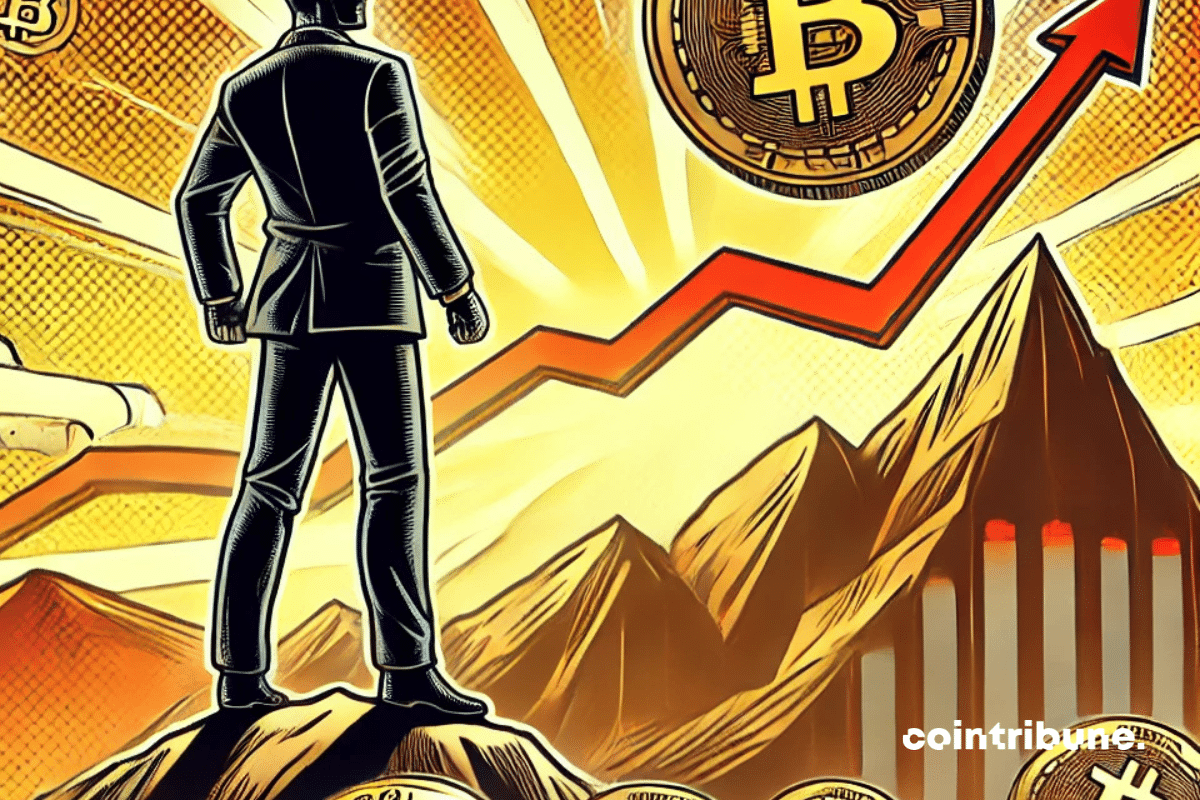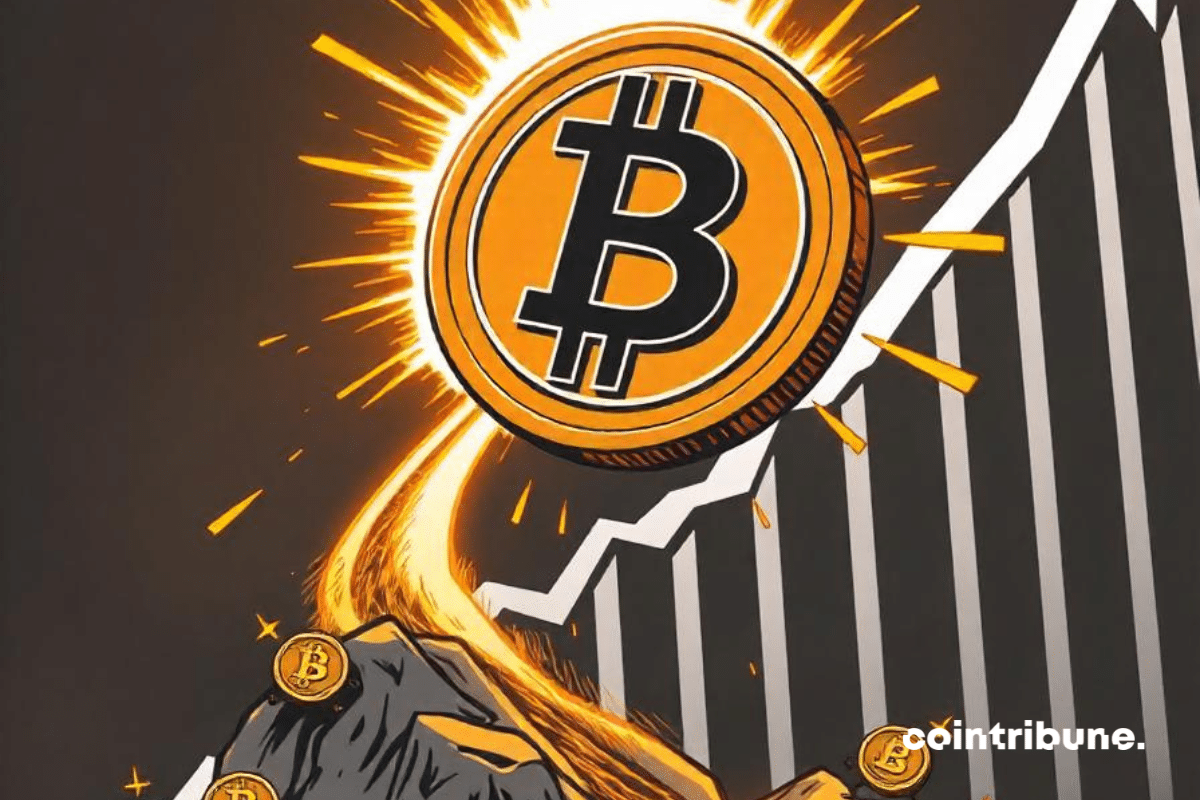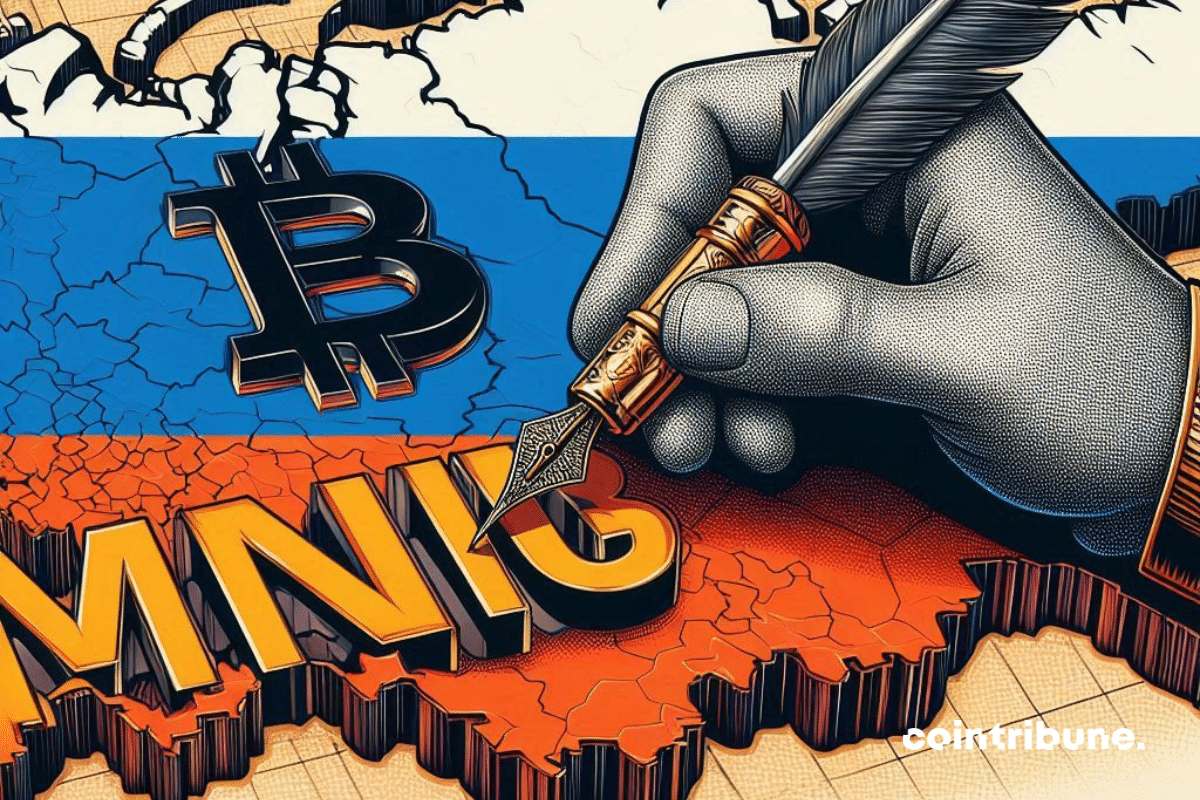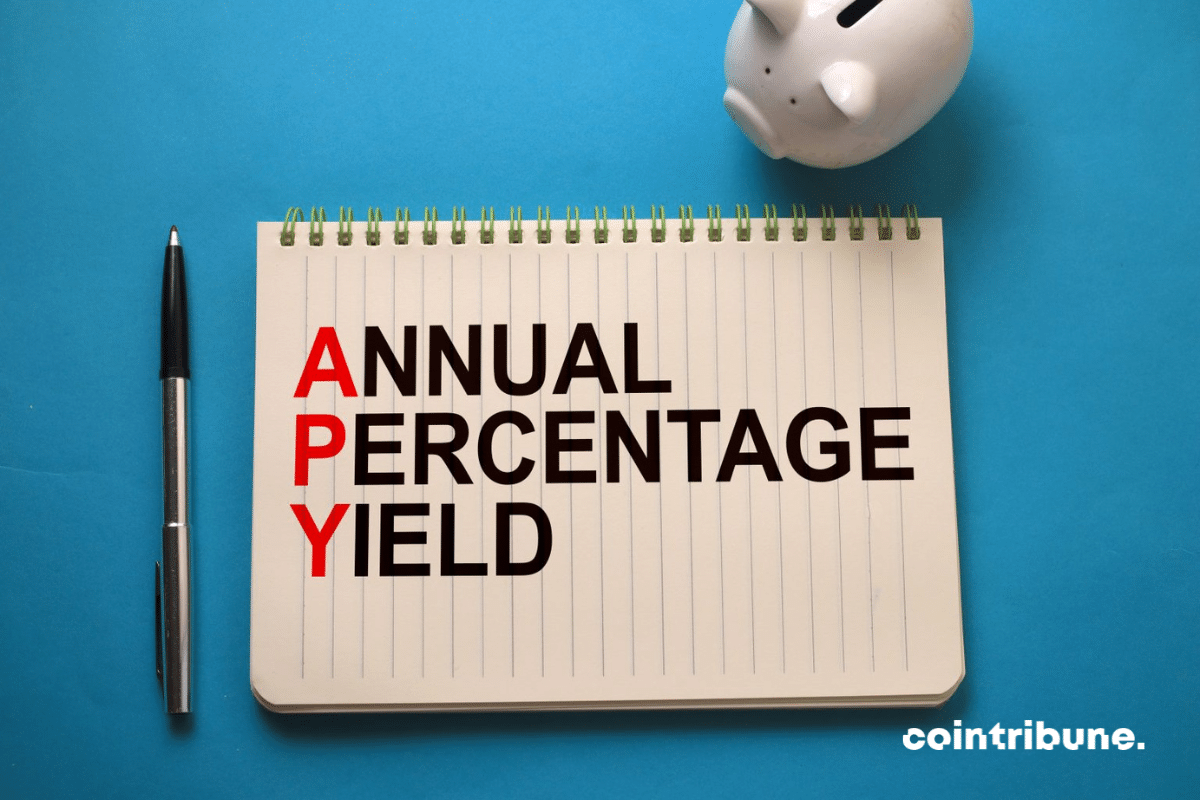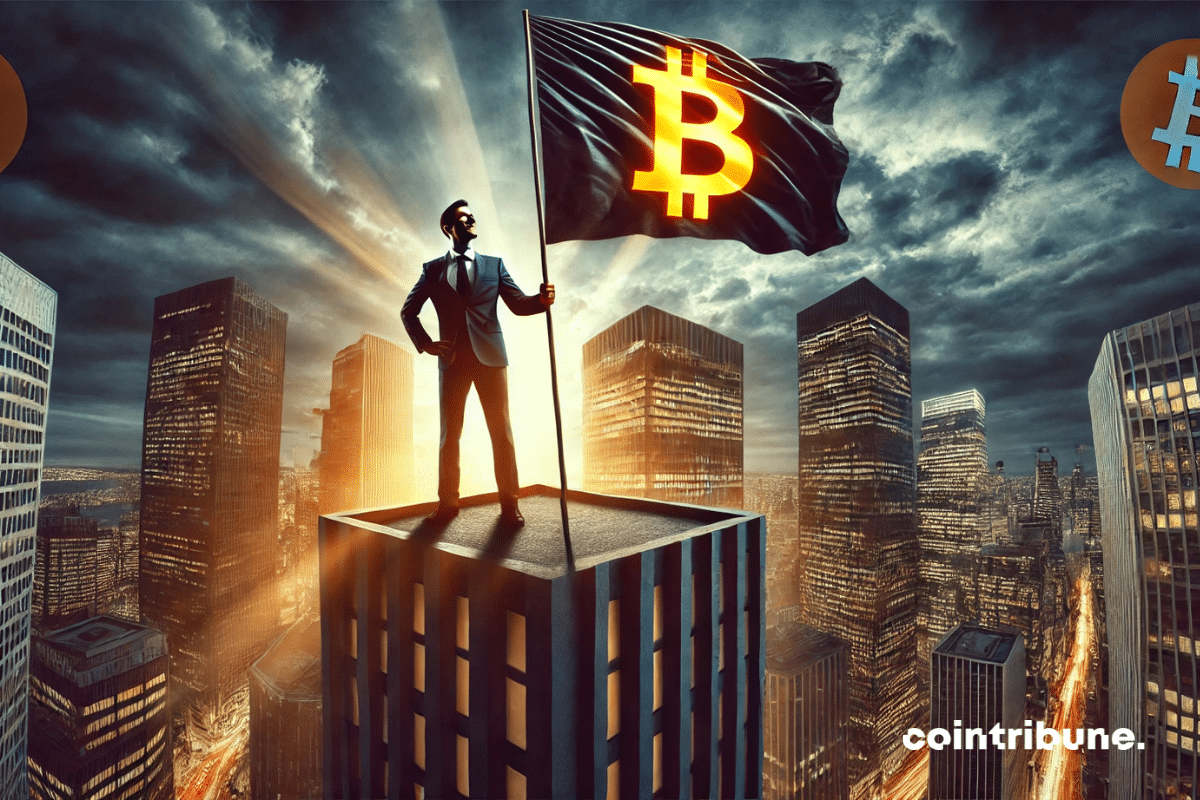As the U.S. debt skyrockets to unprecedented levels, Musk warns of the dangers this situation poses to global economic stability. This crisis, beyond its implications for the United States, could have a domino effect on financial markets, particularly on Bitcoin, which is often seen as a safe haven amidst economic uncertainties.
Archive 2024
For several years, the crypto universe has been searching for solutions to address scalability and decentralization challenges. This quest seems to have taken a decisive turn with the announcement of Cardano during its summit in 2024 in Argentina. By launching Midgard, an innovative and permissionless Layer 2 (L2) solution, Cardano…
Bitcoin strengthens its dominant position in the crypto market, reaching nearly 60% of the total market capitalization. This performance had not been observed since April 2021, reigniting debates about the future of altcoins.
Coinbase launches "Based Agent," an AI tool to simplify and automate crypto transactions, making blockchain more accessible.
In Russia, it's no joke anymore: Putin is cracking down on crypto mining with strict rules. No more tranquility.
APY is the abbreviation of the English term "Annual Percentage Yield", which can be translated into French as "annual percentage return". This term is used when one decides to lock their cryptocurrencies for a certain period of time in exchange for interest. Nonexistent just a few years ago, this new type of investment is becoming increasingly popular, and many platforms are starting to offer it to their users.
Token exchange on DeFi platforms is an essential practice for anyone interested in decentralized finance. These platforms provide a direct and secure way to conduct transactions without intermediaries, thereby revolutionizing how digital assets are traded. This article offers a practical and detailed guide for performing swaps on DeFi platforms. Aimed at both beginners and experienced users, this guide covers all the necessary steps to execute effective and secure exchanges, emphasizing the understanding of the mechanisms and key strategies in the world of DeFi swaps.
On October 21, a sudden move of Bitcoin towards $69,000 reignited investor attention. This rally, which comes after months of stagnation, is not just a technical flare-up but a reflection of deeper underlying dynamics. According to a recent report by Glassnode, one of the leading on-chain analytics firms, this surge is not a matter of chance. The data reveals encouraging trends in terms of capital inflow and institutional positions, suggesting that this rally could have solid foundations.
Decentralized finance (DeFi) has radically changed the landscape of digital investments, and DeFi Saver positions itself as a key player in this expanding universe. This platform offers advanced tools for managing and optimizing cryptocurrency assets, thus attracting the attention of both novice and experienced investors. This article aims to dissect DeFi Saver by examining its main features, its impact on asset management, the initial steps for new users, and the challenges and limitations it presents.
Decentralized finance (DeFi) has revolutionized the world of blockchain and cryptocurrencies, offering unprecedented investment and financial management opportunities. However, with the rapid emergence of numerous DeFi platforms, choosing the one that best suits each user’s personal needs can be complex. This choice involves considering various key factors. In this article, we explore these main aspects to help you select the platform that best aligns with your financial goals and investment style.
